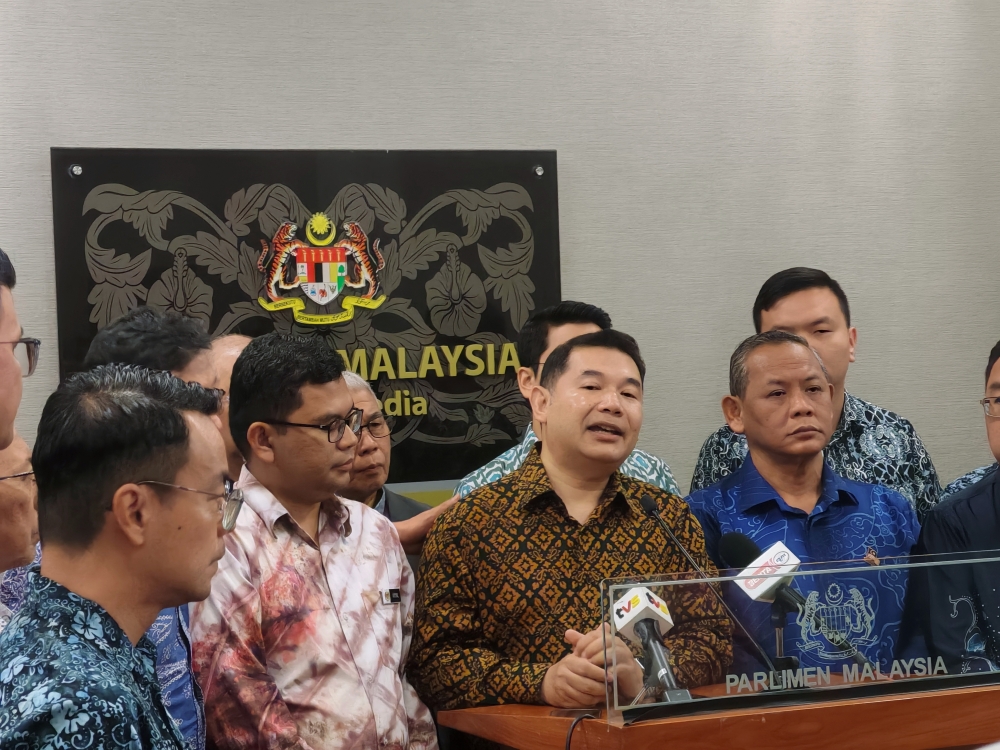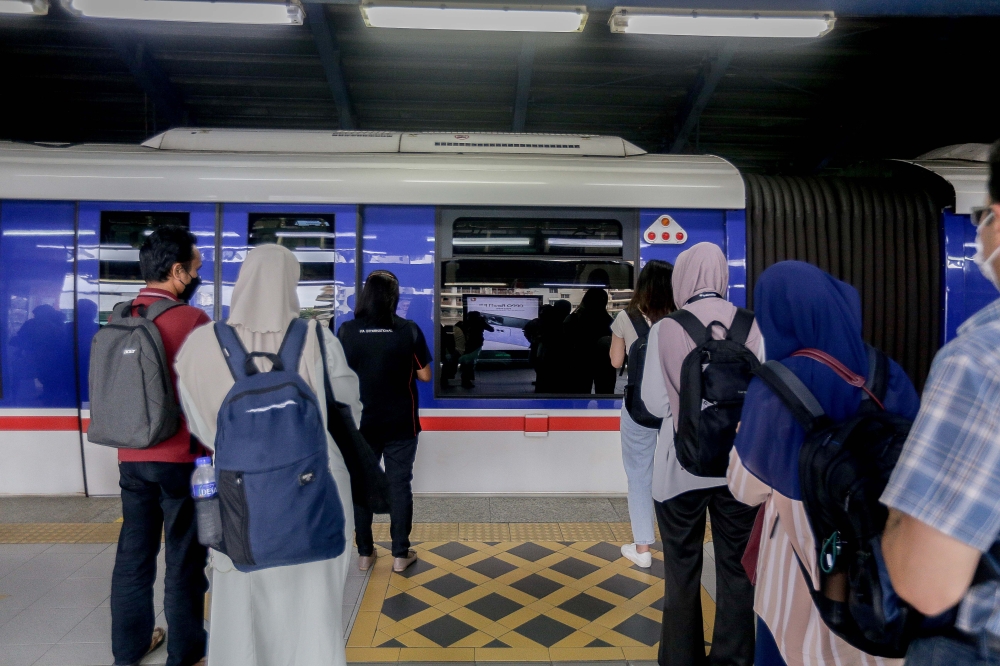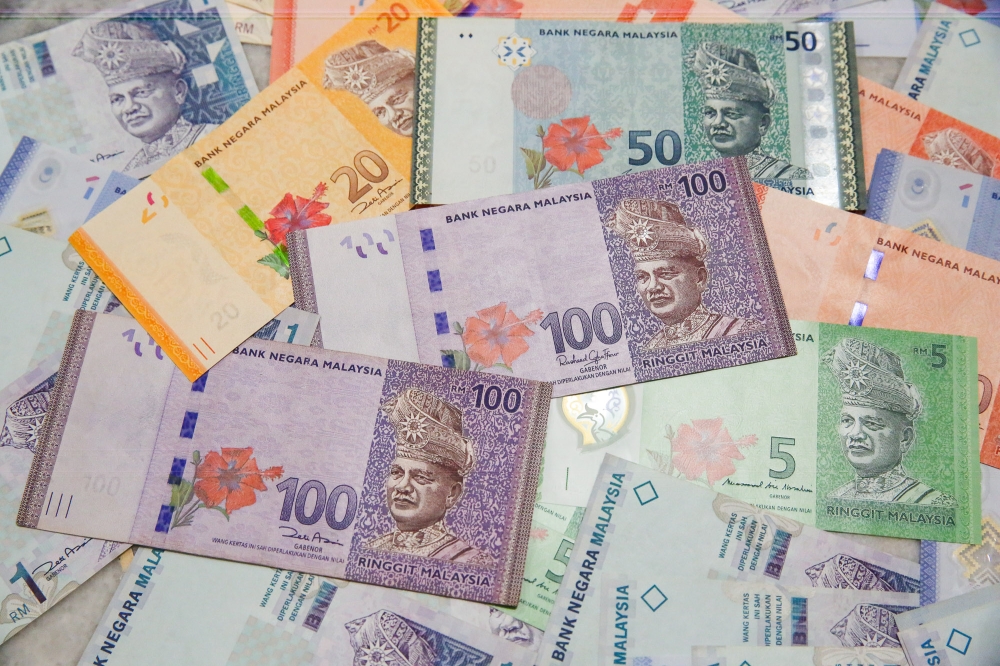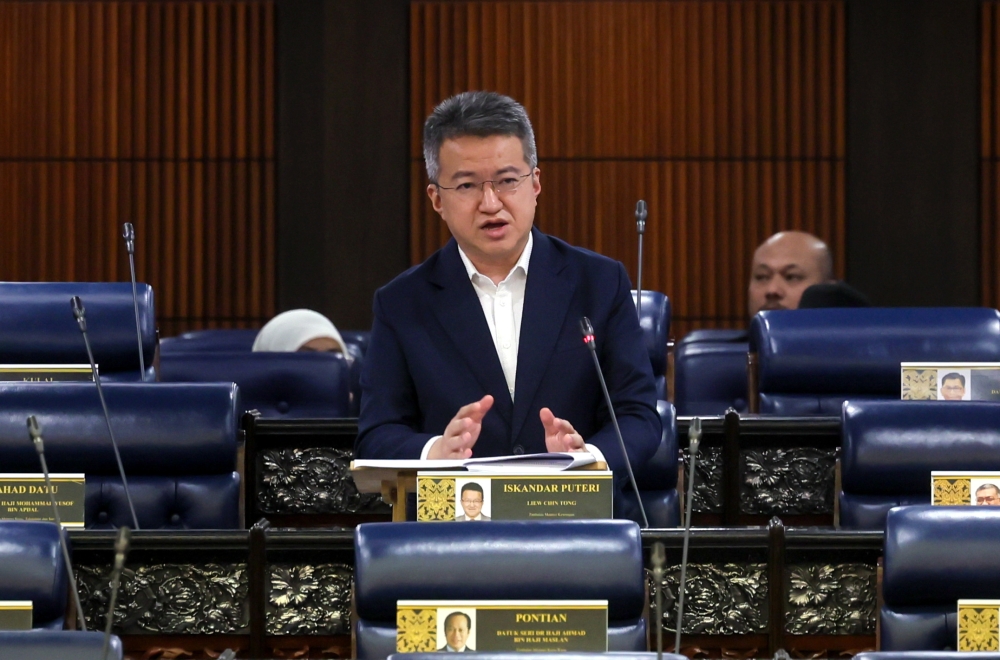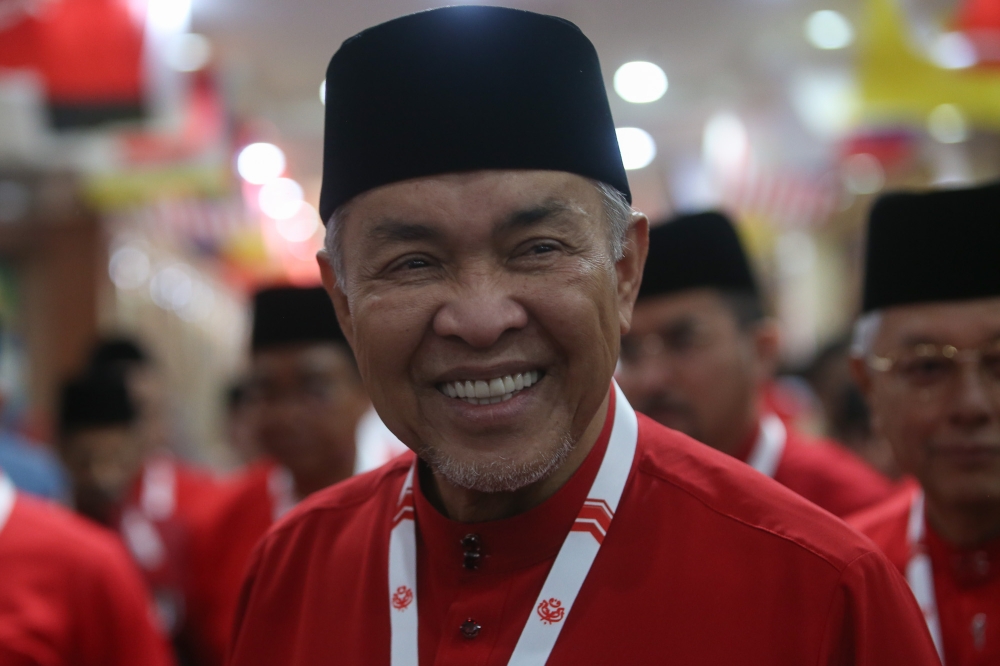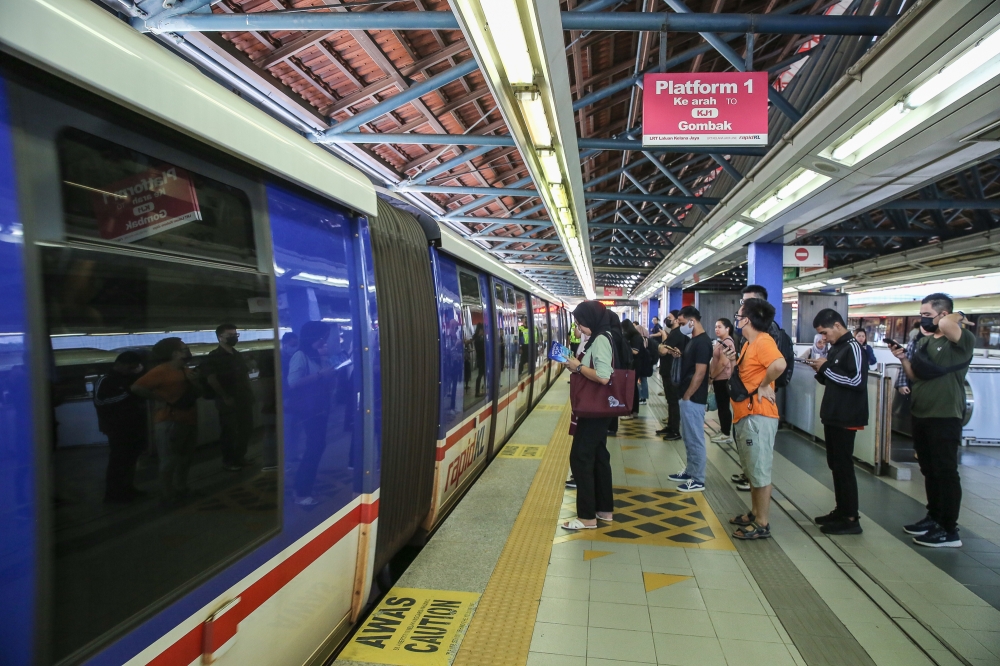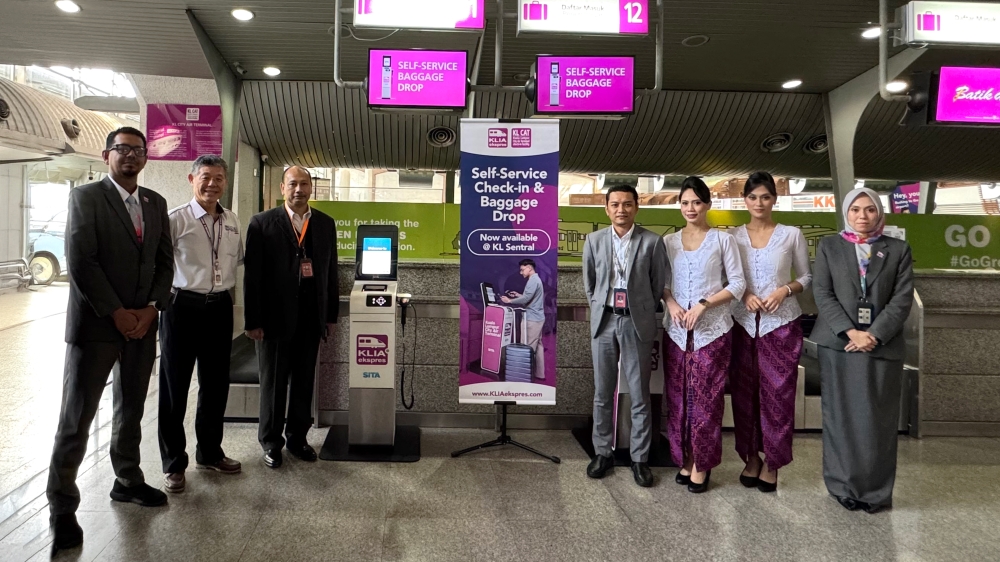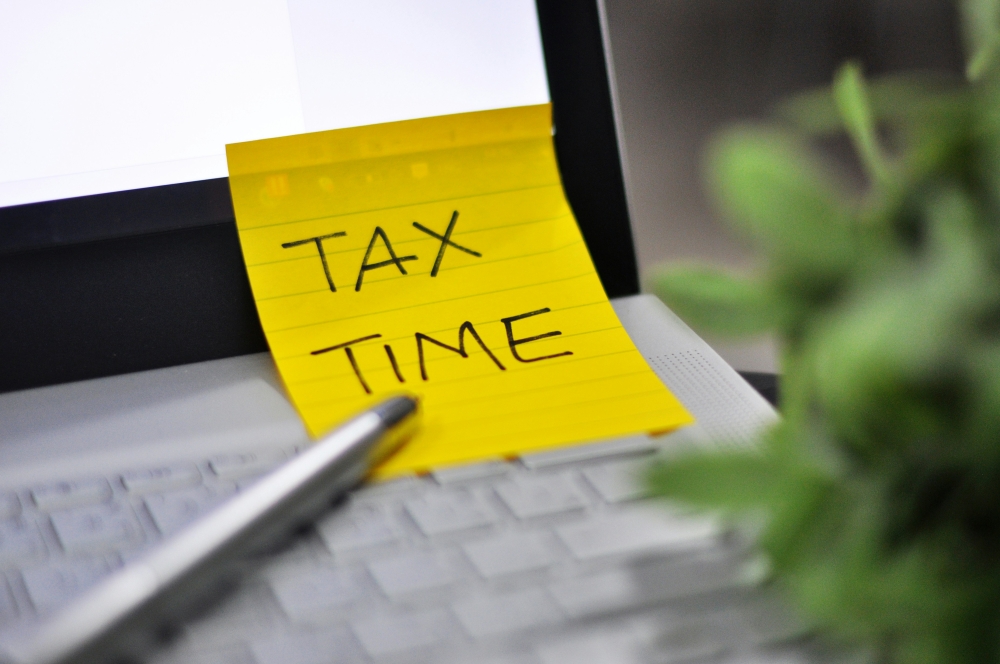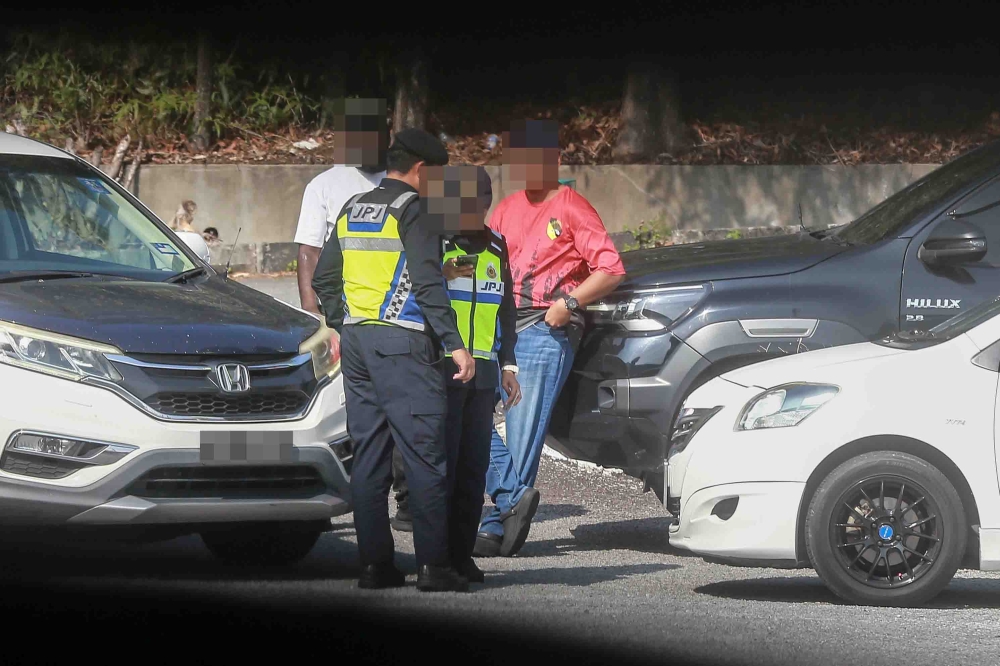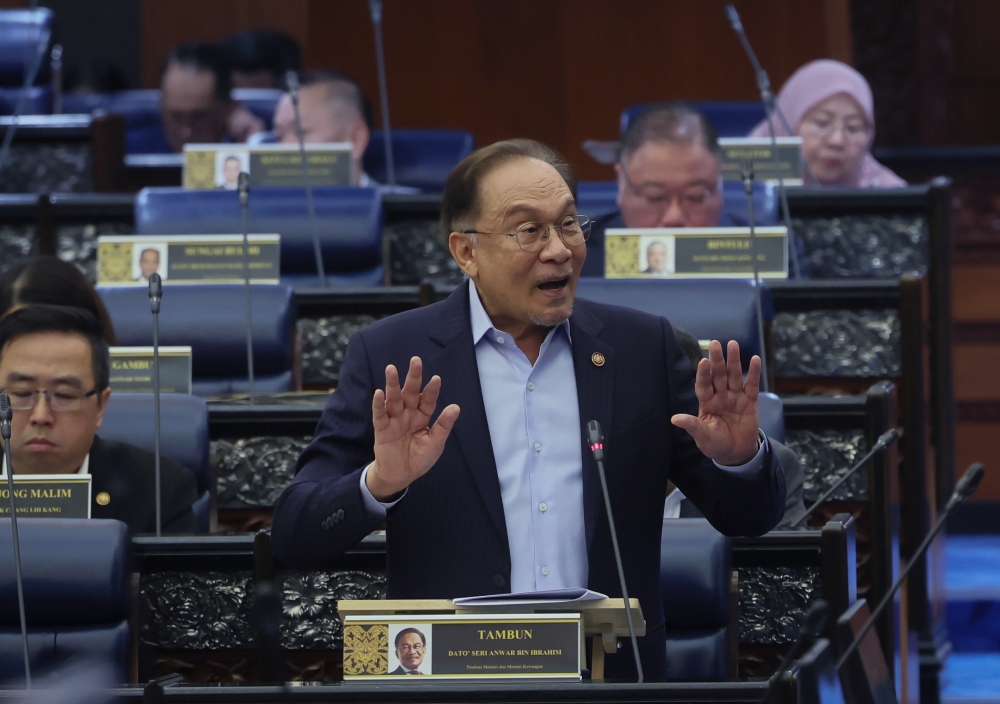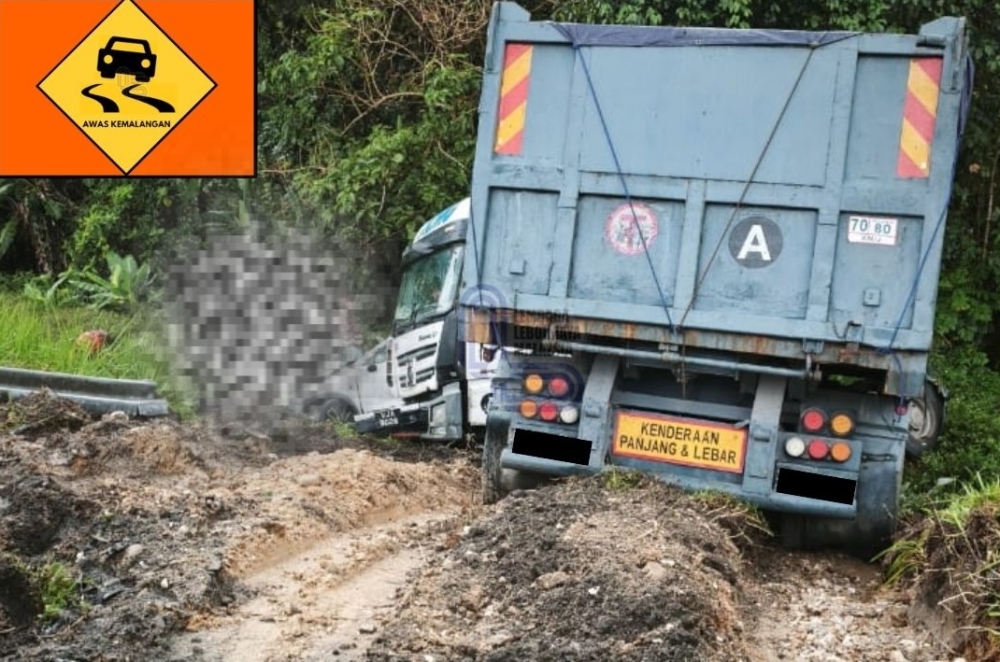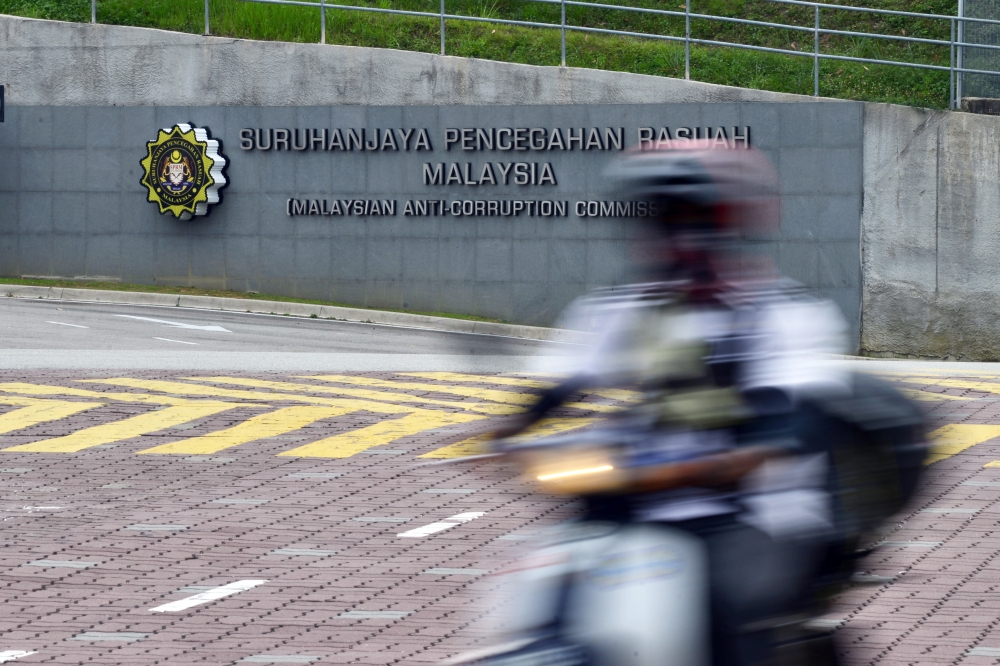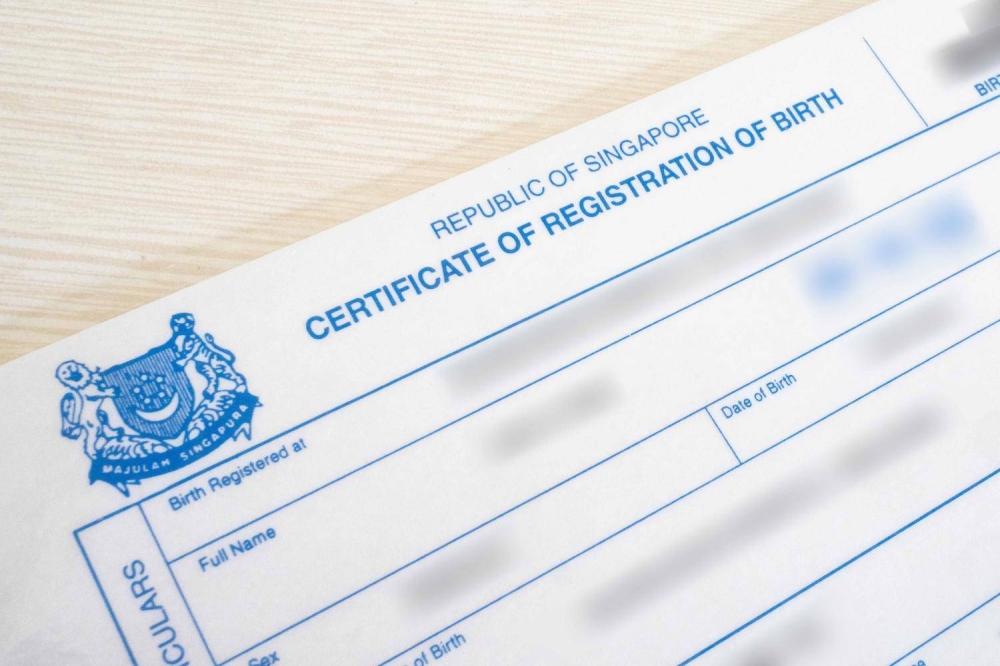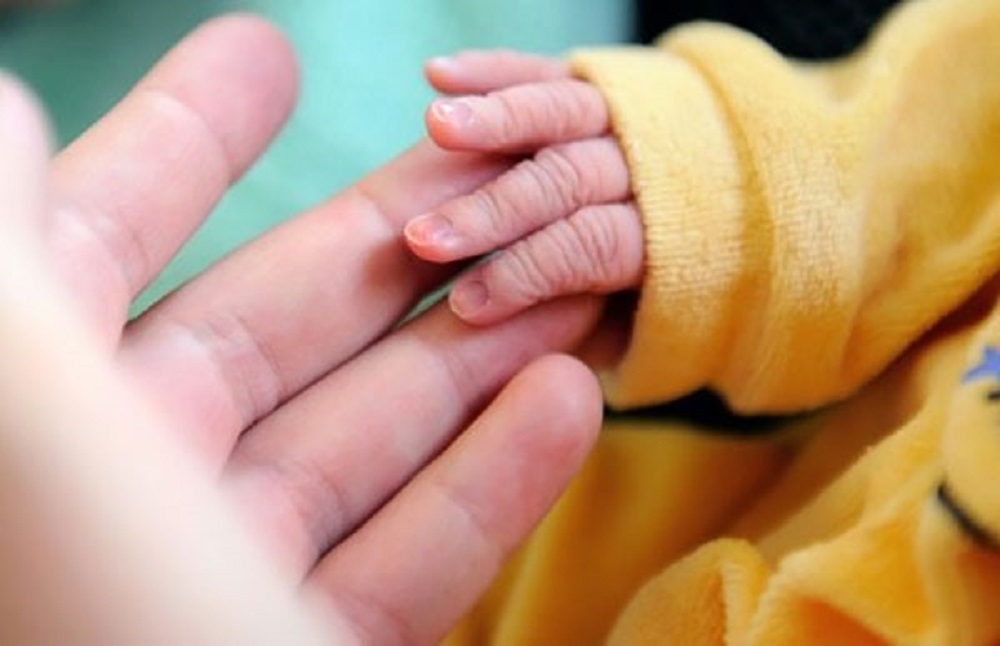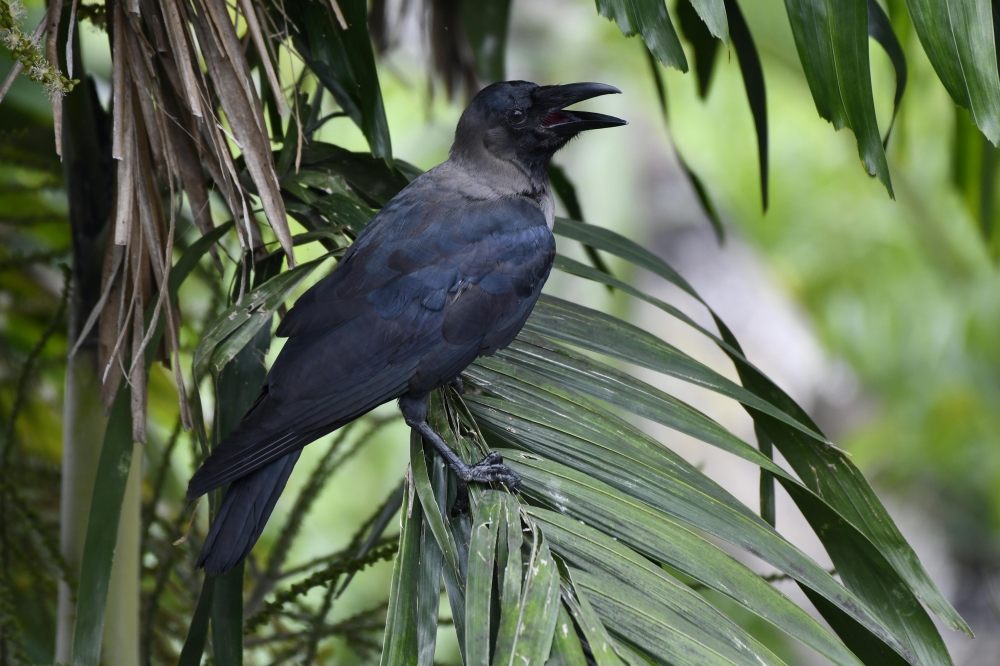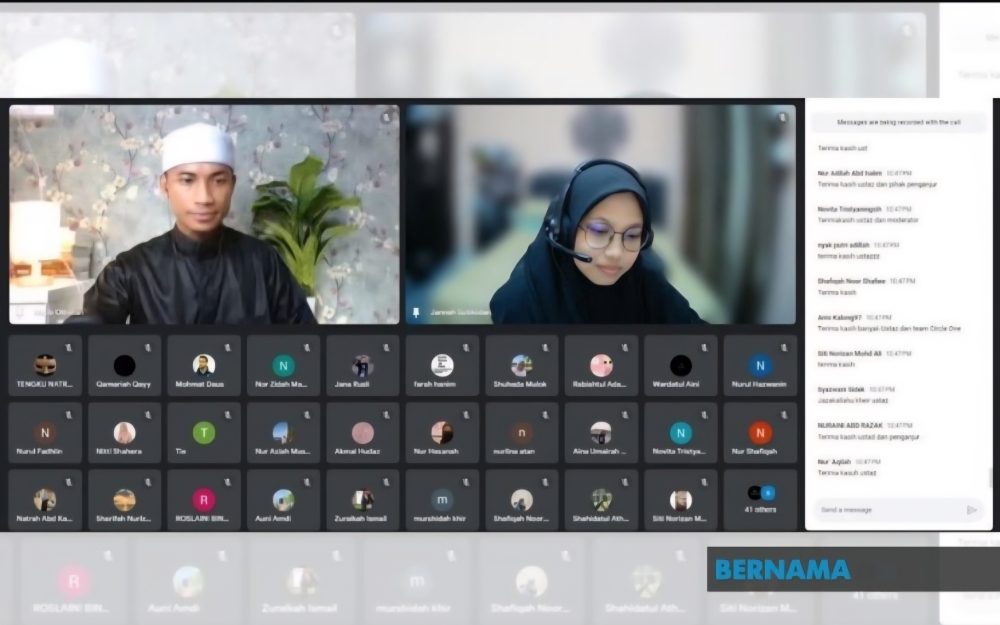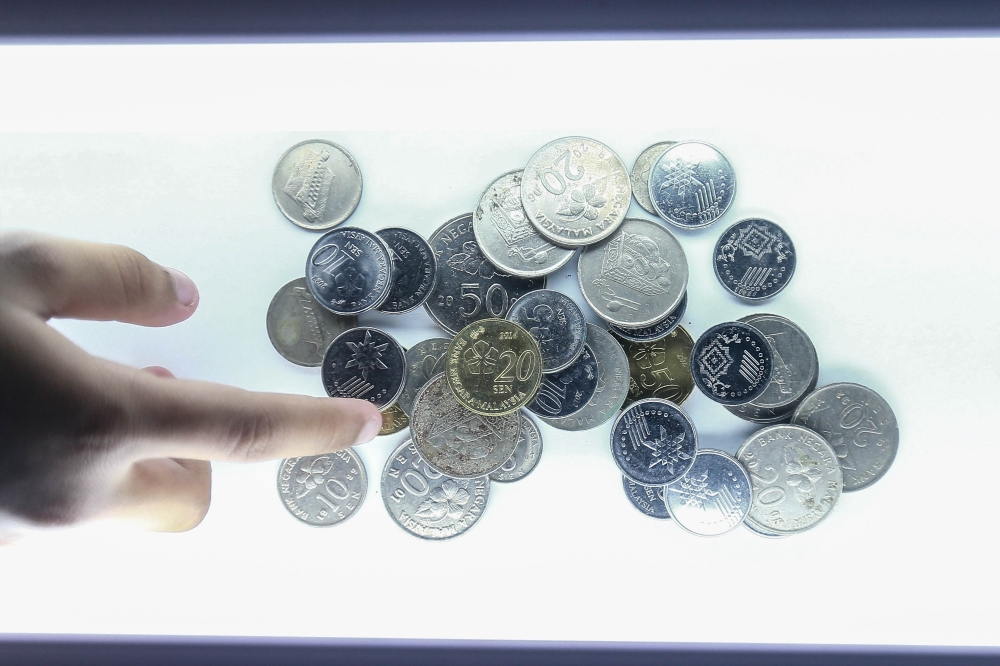SINGAPORE, Aug 13 — The Immigration and Checkpoints Authority (ICA) will include parents' dialects in digital birth certificates issued from September 1, after originally leaving this and some other information off e-birth certificates when they were introduced from May 29 this year.
The reversal is in response to “feelings that have been expressed on the matter” and “several queries about the non-inclusion of the parents' dialect”, ICA said in a statement yesterday (August 12).
“We have therefore decided to include parents’ dialect in digital birth certificates issued from September 1, 2022.”
For digital birth certificates issued between May 29 and August 31, parents may re-download their child’s digital birth certificate from September 1 to get the inclusion of the parents’ dialects at no extra cost, ICA said.
It explained that several fields of information, such as parents' dialect, were not included in the digital birth certificates because they are “not necessary for policy and other administrative needs”. This was aimed at simplifying the registration process, by reducing the number of fields.
The information on parents' dialects has continued to be registered by ICA and is available on Singpass, the government-developed authentication system for e-services.
In its statement, ICA added: “We should have made clear the reasons for not including the information on the parents’ dialect in the digital birth certificate, and that the information was still available in Singpass.”
ICA said that before digital birth certificates were introduced on May 29, physical birth certificates carried the registered dialect of the parents, but not of the child.
With the digital birth certificate, other information such as the parents’ country of birth, the mother’s address, the child’s place of birth registration, and a section called “informant’s particulars” have also been excluded alongside parents' dialect.
The information will still be accessible, ICA said.
“Singaporeans who are 15 years and older and provisioned with a Singpass account can access their dialect information via Singpass under the Personal tab. For those below the age of 21, their dialect information can also be found in their parents’ Singpass profile, under the Family tab,” the authority added.
Upon the birth of the child, ICA will ascribe the child the dialect of the father. Individuals — including the child, the father or the mother — may later change his or her dialect registered with the government via a written declaration to ICA.
“This means that an individual can have a different registered dialect from his or her father, or even both parents,” the authority said.
The option to change one's dialect has been in practice since the 1970s, “in consideration of the fact that there were races in Singapore that did not have dialect groups. Therefore, individuals were allowed to also register the language or dialect that they spoke, instead of their dialect by lineage, ICA added.
Anyone who wishes to check his or her latest registered dialect may do so via Singpass, which is “the authoritative source of the latest registered dialect information”, ICA said.
Most parents not bothered by initial removal of dialect
Parents of babies born after May 29 this year and those expecting a child said that they were mostly ambivalent about the initial change, some even failing to notice that the parents' dialect category had been removed.
Social worker Sean Tan, whose wife is expecting his baby daughter in September, said that it did not matter if his and his wife's dialect were not on his child's birth certificate. “I myself have not really embraced the dialect part of my identity,” the 28-year-old said.
“Yes, I am Hokkien by dialect, but I don't speak it and I don't feel the need to learn about the Hokkien culture.”
Hari Shoran, whose daughter was born in May and had received the digital birth certificate, said that he had always been “conflicted” about the mention of dialect, as he is Indian and his wife is Chinese.
The 35-year-old polytechnic lecturer said that for one thing, Indians technically do not have a dialect but speak their own languages such Urdu or Hindi.
He also did not want to define his child's dialect on her birth certificate, given that she is of mixed heritage.
“I wouldn't want my child to have to choose one over the other,” he said, adding that he plans to raise them to know both cultures and languages of their parents.
Some parents, however, are happy with the re-inclusion of Chinese dialects on their child's birth certificates.
New father Elton Tong, whose son was born last month, said that having the mention of parents' dialects on his son's birth certificate would be an important indicator of his origins.
The 28-year-old, who works in real estate, said: “Especially in this day and age where the use of dialects is getting less common, I think there should be an emphasis on the new generation (knowing) what their origin story is.” ― TODAY

